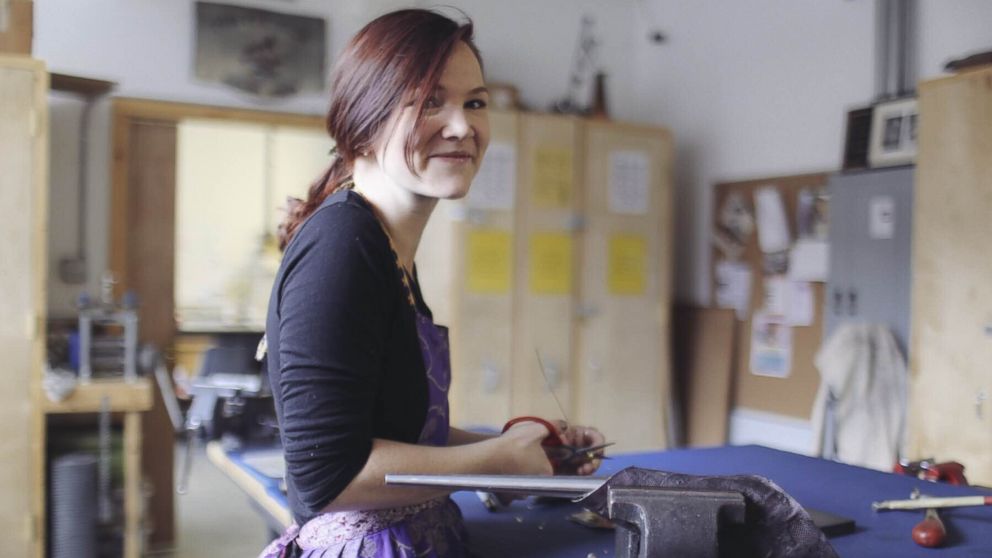How Amazon's Handmade Plans to Take On Etsy
— -- Amazon's quest to dominate the online shopping experience expanded into Etsy's territory today with the launch of Handmade at Amazon, an online bazaar where artisans can sell their homemade goods.
A decade after Etsy opened for business, the marketplace has shown there is a hunger for one-of-a-kind goods. When the company filed for its initial public offering last year, it reported nearly $2 billion in yearly sales.
Now, Amazon is hoping to tap into that demand.
"Knowing an item has a unique story behind it creates a personal experience that customers have told us makes owning handmade items special," Peter Faricy, vice president for Amazon Marketplace, said in a statement.
While both sites are positioned as competitors, there are some key differences between Handmade at Amazon and Etsy, including their seller bases, fee structure and manufacturing policies.
For now, Handmade is open to sellers who apply and are accepted into the bazaar, while Etsy allows anyone to set up a shop.
Handmade currently includes 5,000 sellers from 60 countries offering 80,000 items. By comparison, Etsy reported 1.5 million active sellers and 21.7 million active buyers in nearly every country in the world as of June 30.
While Amazon's initial seller base is significantly smaller, the company does have the benefit of having a 285 million-strong customer base.
The cuts both sites take from their sellers are also different. Handmade at Amazon will take a 12 percent referral fee in exchange for listing the products and payment processing. Etsy charges its artisans 20 cents per listing, a 3.5 percent fee when a transaction is made and another 3 percent fee plus 25 cents for processing a payment, according to the company's website.
Sellers on Handmade at Amazon will have to certify their items are "factory free" while Etsy has allowed some merchants to apply to use manufacturers that meet certain Etsy criteria.
"Etsy supports sellers who want to scale their businesses with responsible manufacturing partnerships," the company's website says. "For example, you can work with a cut-and-sew shop to make clothes you've designed, a casting house that casts your wax models, or a digital printer that turns your photographs into tangible items."
Etsy CEO Chad Dickerson told the Associated Press many of the site's vendors sell on multiple platforms but still make most of their income on Etsy.
"We believe that Etsy is the best platform for the creative entrepreneur," he said. "Etsy has a decade of experience understanding the needs of artists and sellers and supporting them in ways that no other marketplace can."




